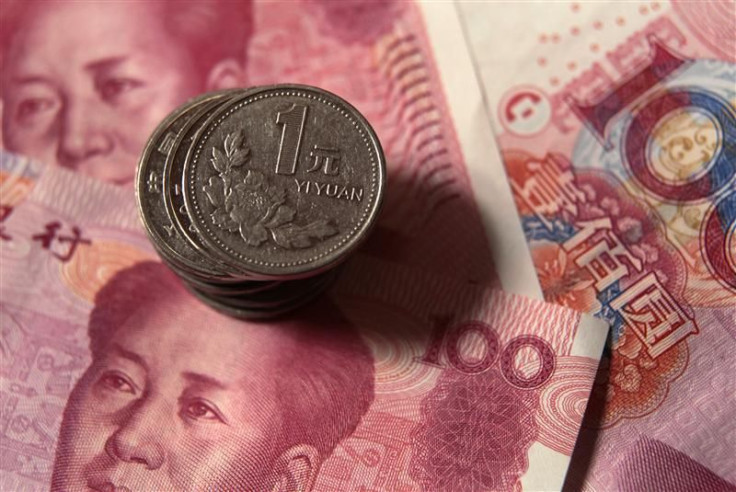China Inflation Rate Slows To 3.4% In April

China's inflation rate slowed in April from the previous month, showing signs that the price pressure is gradually diminishing to make room for monetary easing.
According to the National Bureau of Statistics, the consumer price index (CPI) of China rose 3.4 percent in April from a year earlier, down from 3.6 percent in March, and contracted 0.1 percent on a month-on-month basis.
Food prices in April rose 7 percent from a year earlier, down from 7.5 percent in March, with pork and fruit prices declining.
The diminishing inflation should be good news because it can help the government invigorate growth without much concern about price rises. China's gross domestic product growth slowed to 8.1 percent in the first quarter, the lowest rate in three years, due to soft global demand and reduced real estate investment in the world's second-biggest economy. As a result, the government has lowered its economic growth target in 2012 to 7.5 percent. In 2011 and 2010, the economy grew at the rate of 9.2 percent and 10.4 percent respectively.
Earlier, the World Bank reported that China's export-and-investment-driven economic model, though successful for decades, was no longer sustainable, and reforms were needed to prevent a sudden slump in growth. The World Bank said that the country's economic growth would slow down to 5 to 6 percent annually by 2030 and a major overhaul would be needed to sustain even that level.
In a speech to the National People's Congress in March, Premier Wen Jiabao said China's consumer price inflation target for the year would be around 4 percent. The government said it wanted to promote steady, robust economic development, keep prices stable, and guard against financial risks by keeping money and credit supplies at appropriate levels and be cautious and flexible.
The decrease in inflation has raised the hope that China will further cut the cash reserve ratio. Inflation may no longer be the main concern of policymakers, and the government may have more space to loosen monetary policies and make supporting economic growth a priority. Instead of fighting inflation, the most urgent priority for China appears to be the pro-growth policy stance against the current uncertain global situation.
© Copyright IBTimes 2024. All rights reserved.



















